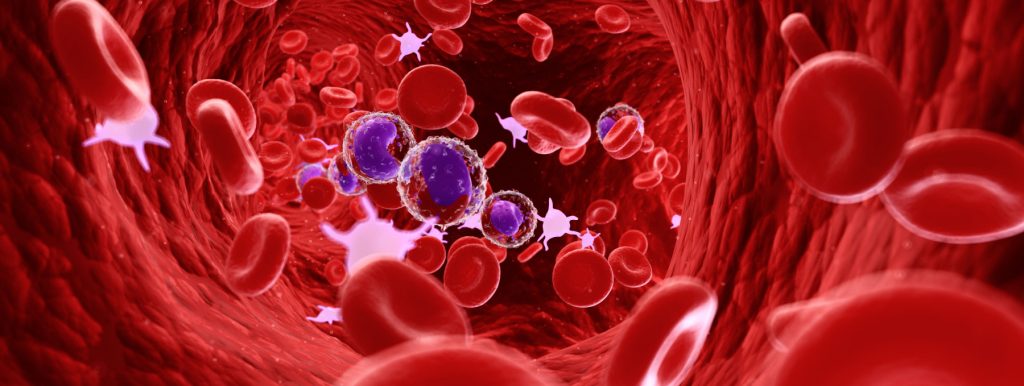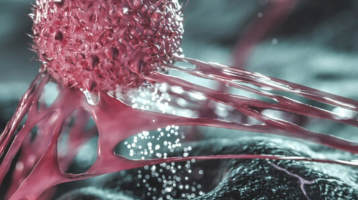Cells with a functioning molecular clock are better able to adapt to changes in glucose supply and recover more quickly from long-term starvation, according to a new study published in eLife. This discovery helps explain why changes in the body’s circadian rhythm, such as night shift work and jet lag, may increase the risk of […]
Potassium is Crucial For the Circadian Rhythm in Red Blood Cells
Along with sodium and chloride, potassium is one of the body’s most important electrolytes. This essential element is involved in the transmission of nerve impulses, the regulation of blood pressure and plays a crucial role in healthy heart function. Smaller amounts of the substance are found in liver cells, bone cells and red blood cells. […]
Immune Response to Vaccination: The Role of the Circadian Rhythm
Many physiological and behavioral functions, including the immune system, exhibit circadian rhythms. We know that circadian rhythms are generated by “clock genes” that affect most organs and cells – including those of the immune system, whose function varies with the time of day. Accordingly, circadian rhythms are found for various aspects of physiology, including sleep, […]
Researchers are Discovering New Ways to Improve Cancer Therapies
Cancer is one of the second leading causes of death. Even if the chances of cure have improved, the time of detection, the quality of treatment and the type of tumor are crucial when it comes to containing the disease and improving the chances of survival. Science continues to advance in this area, with researchers […]
The Role of the Circadian Clock in Liver Cancer
Liver cancer is a serious disease that affects about 8,000 people only in germany, but is an worldwide problem. Men are three times more likely to be affected than women, with an average age of onset of 69 years. 11 percent of people with the illness do not survive the first five years after diagnosis. […]
- « Previous Page
- 1
- …
- 3
- 4
- 5
- 6
- 7
- …
- 86
- Next Page »









